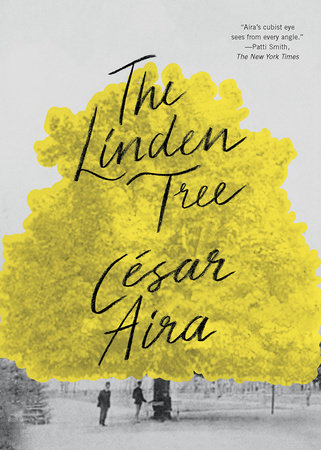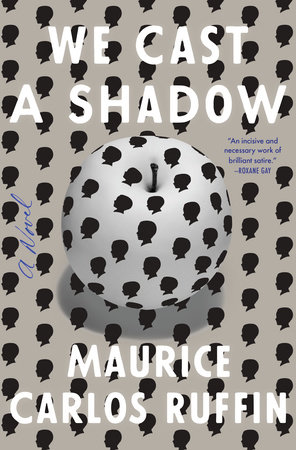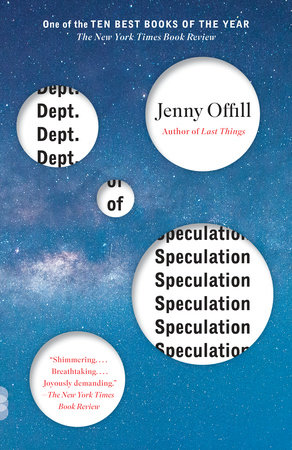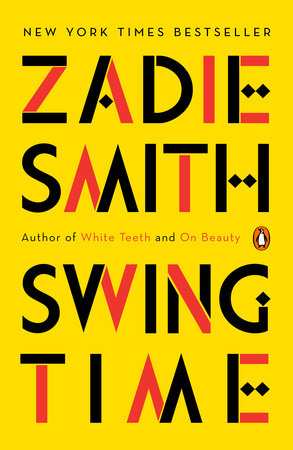The first piece of information you learn about someone is usually their name; it feels like a step towards learning who they are, even though it often doesn’t reveal much about them. In real life, names are typically appointed to people who are much too young to get a say, and apart from funny nicknames they often tell you more about a person’s parents than their personality.
Fictional character names, on the other hand, are consciously constructed, and often tell you something about this person and their place in the world: consider Oliver Twist and Mr. Pickwick. In fiction, as in fairy tales, names have power. So what about books where the main character has no name?
These anonymous narrators seem to possess more authority over their stories, controlling how much information they give to the reader. Names are important when you want to become acquainted with someone, so these nameless strangers seemingly possess a flare of mystery. To be able to witness their firsthand accounts feels like prying, but nameless narrators invite us to pry: they are people recording the worlds they belong and don’t belong to. By the endings of these books, you will know where each narrator lives, who their friends and families are, what they want out of life, but you won’t be able to address them properly.
Every Day Is for the Thief by Teju Cole
An immigrant feels detached from his home country when he returns after fifteen years of living in the U.S. in Every Day Is for the Thief. Wandering the internet cafes, museums, and the buses of Lagos, a New York-based psychiatry student befriends strangers and reconnects with people from his past. Cole’s debut, first published in Nigeria, is one of the first texts I read that articulated the diasporic experience for me, especially with the meticulous prose.

Chemistry by Weike Wang
Everyone except the protagonist’s fiancé, Eric, is without a name in Wang’s debut. A fed-up, Chinese-American Ph.D. student shocks herself, her friends, and her family, when she leaves her rigorous program at an unidentified university in Boston. One of the most celebrated books of 2017 and currently being adapted as a film for Amazon, Chemistry is a meditation on the sacrifices she makes for science and love.

Molly Fox’s Birthday by Deirdre Madden
Set in Dublin and told over the course of a day, Irish novelist Deirdre Madden’s ninth book follows famous actress Molly Fox’s best friend who’s housesitting and working on a new play. What the narrator discovers in Molly Fox’s possessions forever changes her perspective on friendship, success, and betrayal.

The Linden Tree by César Aira
The Linden Tree is a reflection of a childhood and middle class family affected by Juan Perón’s presidency, written by one of the most prominent Argentinian contemporary literature writers and translators. Aira, an author writing in multiple genres, captures the sensory experience of Coronel Pringles, the small city in which he grew up, in this translation by Chris Andrews.

The Gangster We Are All Looking For by lê thi diem thúy
The memories, often fragmented, of a Vietnamese-American girl are recorded in lê thi diem thúy’s first novel, published six years after a shorter version appeared in The Best American Essays of 1997. Often shifting between the past and present and Vietnam and the US, this untraditional history of a refugee family is an investigation of how trauma affects a family that’s been separated and reunited. thúy’s unnamed narrator, a girl we follow from the ages of six to 26, allows us into this intimate world.

We Cast a Shadow by Maurice Carlos Ruffin
In a recent conversation with De’Shawn Charles Winslow, Ruffin said that to him, “character is plot. The person makes the choices, and the choices drive the story.” A man ruminates on his role as a father and son in this dystopian novel about how capitalism deeply affects the lives of black people at the workplace and home. New Orleans writer Ruffin sets the story in a dystopian future, when this all unfolds in an unnamed American city in the South.

Dept. of Speculation by Jenny Offill
Offill’s follow-up to Last Things is not your typical midlife crisis story. Self-referred to as “The Wife,” the narrator reckons with a marriage, motherhood, and an affair, while giving few details of her own background. This series of vignettes is a collection of the narrator being blindsided by memories when understanding each of her relationships. All the characters, including her husband and child, are nameless in this humorous, referential, and tender novel.

Waylaid by Ed Lin
“I had on a New Orleans Mardi Gras t-shirt that I’d found in one of the rooms and a pair of Yankees shorts. Imitation leather slippers from Taiwan left treads on the top of my feet where the straps crisscrossed.” This is the 12-year-old protagonist of Waylaid, a son of Taiwanese and Chinese immigrants who is determined to lose his virginity. Taking place mostly in his parents’ seedy hotel on the Jersey Shore, this novel reminds us of the often overlooked, working class immigrant family through the perspective of a young boy in unconventional circumstances.

Zipper Mouth by Laurie Weeks
Unrequited love is equally funny and heartbreaking in Laurie Weeks’s anonymous narrator’s account that moves between the past and present. A woman in love with her very straight friend, Jane, juggles this one-sided relationship with tragedy and addiction, both of which run rampant in her life; Weeks, however, manages to lighten up this poignant story with the protagonist’s amusing obsessions with Vivien Leigh, Sylvia Plath, and Judy Davis.

Swing Time by Zadie Smith
A diasporic tale about two, young, mixed-race dancers is told from a wallflower’s account of the competitive relationship between her and her close friend, Tracey. Smith’s novel moves between London and an unnamed West African country and follows the two from their childhood to young adulthood, when both women’s dreams of becoming dancers are compromised. Throughout their lives, their identities are constantly questioned as they chase after success.
The post 10 Books with Nameless Narrators appeared first on Electric Literature.
Source : 10 Books with Nameless Narrators









